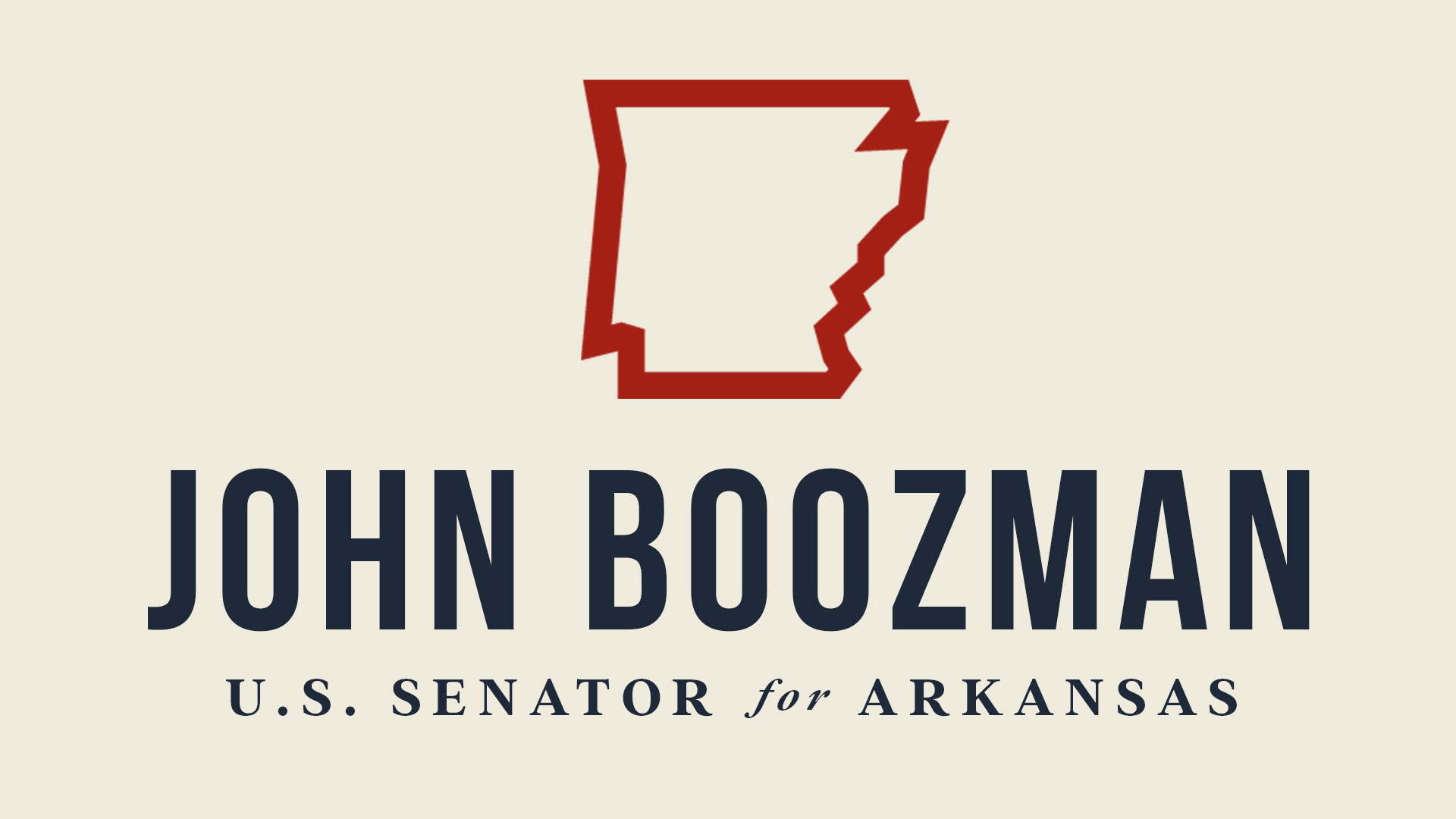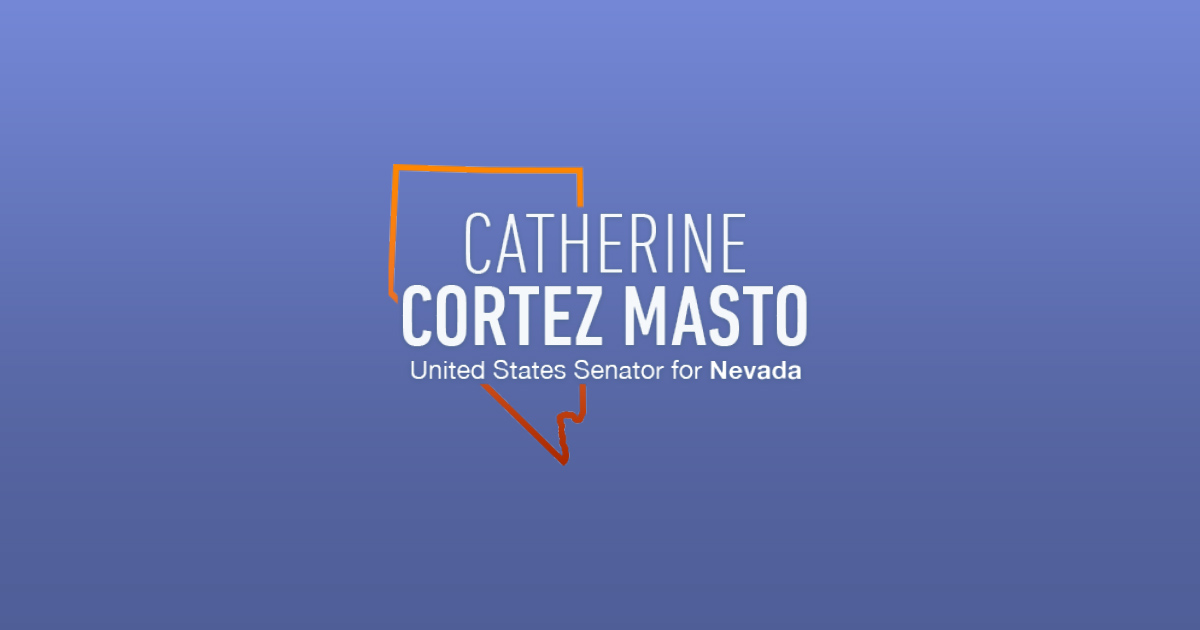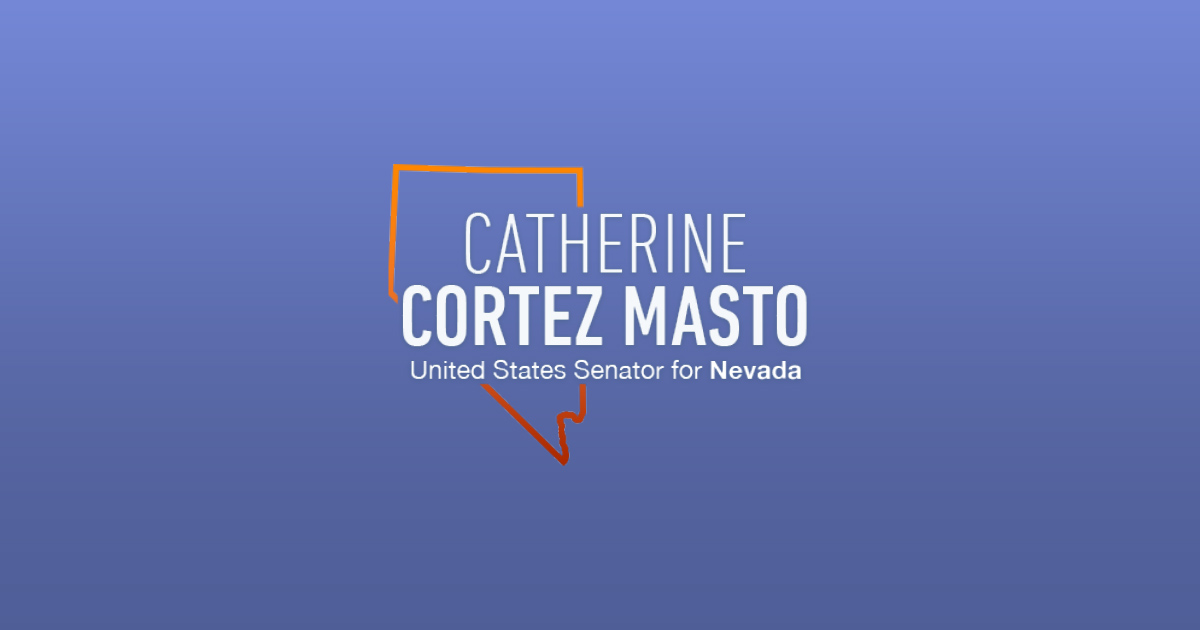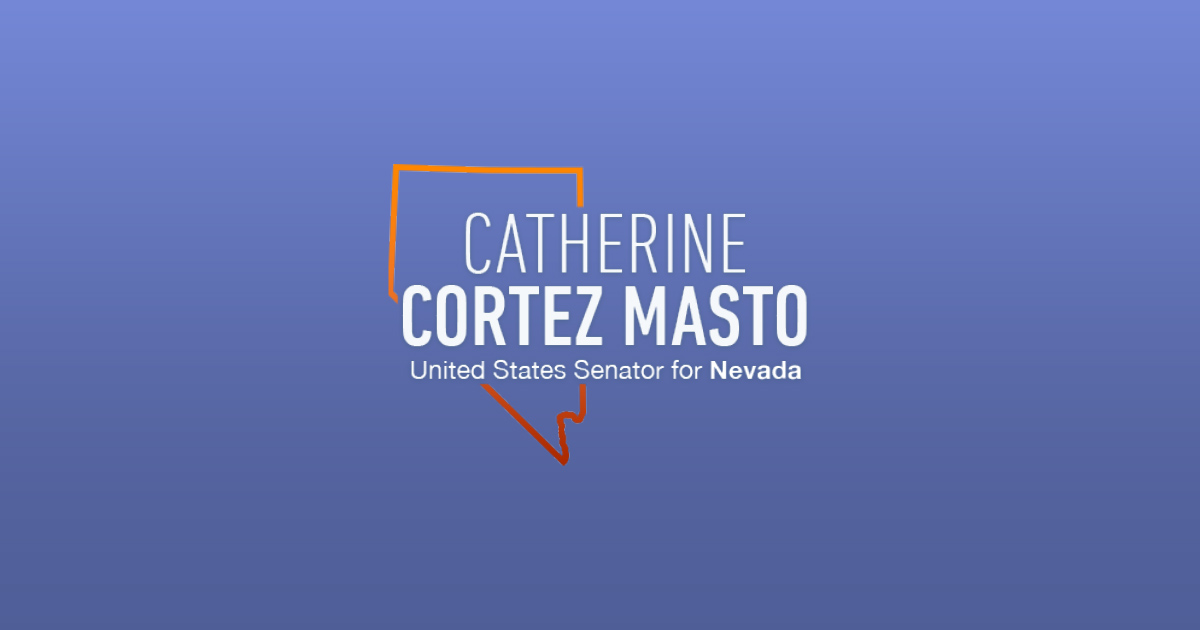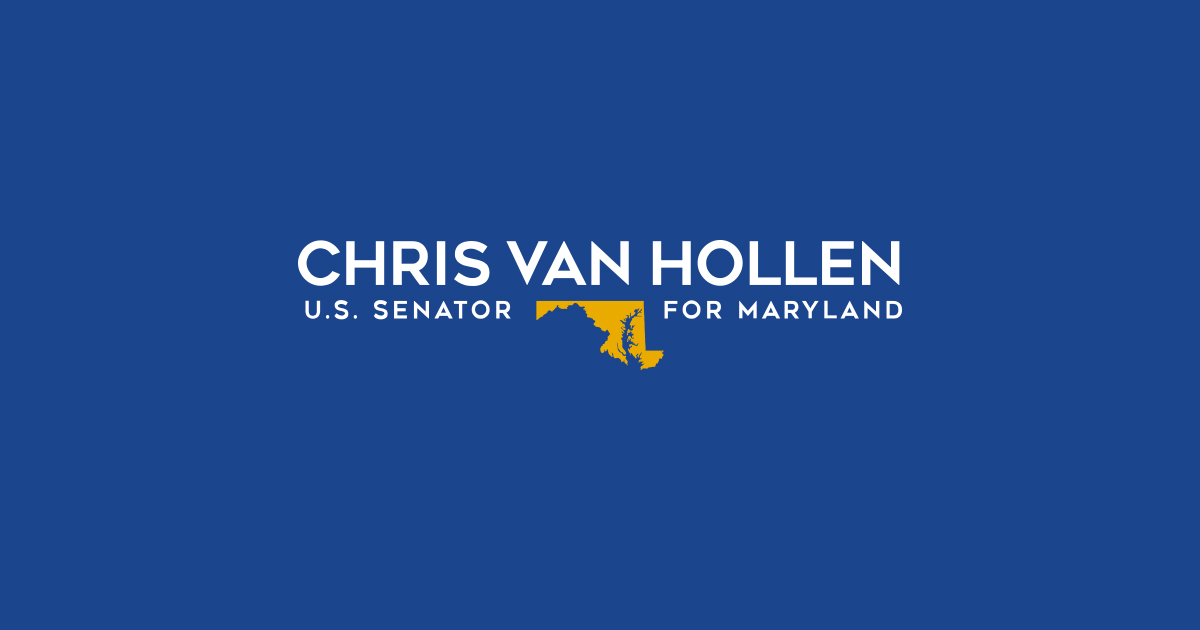Source: United States Senator for New Jersey Cory Booker
WASHINGTON, D.C. – Today, U.S. Senator Cory Booker (D-N.J.), a member of the Senate Agriculture, Nutrition, and Forestry Committee, and U.S. Representative Lisa Blunt Rochester (D-DE) introduced the bicameral Opt for Health with SNAP (OH SNAP), Close the Fruit and Vegetable Gap Act of 2023, legislation that would significantly expand the successful Gus Schumacher Nutrition Incentive Program (GusNIP), which incentivizes low-income recipients to consume fruits and vegetables.
Approximately 90% of Americans do not eat the recommended amount of fruits and vegetables to maintain a healthy diet, according to the Center for Disease Control. Maintaining a healthy diet is particularly challenging for low-income people, who report inability to afford healthy food as a primary barrier. This has dire consequences for public health, as fruit and vegetable consumption reduces the risk of obesity, heart disease, type 2 diabetes, and other diet-related illnesses. Diet-related illness is now the number one cause of death and disability in the United States.
Further, our current federal farm subsidies are not aligned for our health. Even though the Dietary Guidelines for Americans recommend at least 50% of a person’s diet should be fruits and vegetables, less than 10% of Farm Bill agricultural subsidies go to farmers growing fruits and vegetables, and instead go to commodity crops like corn and soy, which are predominantly used in feed for animals, ethanol, or processed foods.
GusNIP directly supports healthy food access amongst nutrition-insecure populations, by funding state/local governments and non-profits to provide point-of-sale incentives for SNAP recipients to purchase fruits and vegetables. For example, in some places participants are given a dollar-for-dollar match in SNAP when they purchase fresh produce, doubling their buying power. GusNIP also funds projects to demonstrate and evaluate produce prescriptions.
In addition to significant health benefits, GusNIP has substantial positive economic impacts, particularly for fruit and vegetable farmers, who benefit from reliable access to expanded local markets.
Large-scale investments in fruit and vegetable access are needed to transform public health. The OH SNAP Act would scale up the mandatory funding for GusNIP to $3.5 billion over the 5 years of the 2023 Farm Bill and authorize $100 million of discretionary funding annually for 5 years. Further, the bill would eliminate the local cost share requirement, which has prevented local implementers from being able to apply for and sustain the program.
“Currently, millions of Americans are facing a hunger crisis and a nutrition crisis – not only do they struggle to have enough to eat, but they also lack access to affordable, nutritious foods. GusNIP is a proven solution that improves nutrition and health for some of our nation’s most vulnerable,” said Senator Booker. “GusNIP is a win-win-win-win for participants, public health, farmers, and local economies. My legislation will make significant investment into GusNIP – a proven program that works – and eliminate the partner cost share, so we can exponentially scale up the positive impacts of the program for more American farmers and families.”
“As communities across our country continue to face significant hunger and nutrition challenges, it’s incumbent on Congress to invest in solutions we know work. The GusNIP program is one of those solutions that helps get healthy foods to communities that need them the most,” said Rep. Blunt Rochester. “The program creates a virtuous cycle for our communities, local producers, and local economy – which is why I’m so proud to partner with Senator Booker to introduce the OH SNAP Act to close the fruit and vegetable gap and make our communities healthier and stronger.”
“Hackensack Meridian Health is proud to stand with Senator Booker in supporting expanded funding for GusNIP initiatives. Food insecurity is one of the foremost factors that adversely creates inequity and instability for New Jersey families and we applaud Senator Booker’s efforts to advance food as medicine priorities, including expansion of this critical grant program,”said Robert C. Garrett, FACHE, CEO, Hackensack Meridian Health.
“New Jersey agriculture recognizes and appreciates the benefits of expanding the GusNIP program through the increase in funding being sought by Senator Booker. The improvement of dietary health through increased consumption of fruits and vegetables is not only sound health-and-nutrition policy, but it also benefits the large number of fruit and vegetable producers in the Garden State. With the medical community coalesced around the concept of increasing fruits and vegetables in our diets to attain better health, innovative ways of getting more of the fresh produce grown in our state into the hands of more consumers can spur significant increased revenue for fruit and vegetable farmers, which will, long-term, help farm viability in New Jersey,” said Secretary Doug Fisher, NJ Department of Agriculture.
“The OH SNAP Act would dramatically scale up the reach of nutrition incentives so that many more farmers and families can benefit. It is vital that lawmakers take action to expand and improve the successful GusNIP program in the 2023 Farm Bill so we can help children, families, and seniors to eat healthier while also bolstering farmers’ bottom lines. Senator Booker’s bold legislation provides a roadmap for what can be done to ensure nutrition incentives are available in a significant amount of farmers markets and grocery stores,” said Kate Krauss, Executive Director of Fair Food Network.
“With our national epidemic of diet-related diseases, healthy food can no longer be a background priority. Poor nutrition kills ten thousand Americans each week and costs our economy $1.1 trillion each year in healthcare spending and lost productivity,” said Dariush Mozaffarian, a cardiologist and professor at the Friedman School of Nutrition Science and Policy at Tufts University. “It’s time to invest our money wisely to improve health, reduce healthcare spending, and support our local farmers by prioritizing purchases of fruits and vegetables through the Farm Bill GusNIP program.”
GusNIP was established in the 2014 Farm Bill with $100 million in funding over five years. The program enjoys strong bipartisan backing and broad national coalition support. In 2018, funding for GusNIP was made permanent and increased to $250 million in mandatory funding over five years. From 2015 to 2021, GusNIP-funded SNAP nutrition incentives and produce prescription programs reached 48 states, including more than 200 projects in nearly 2,000 sites at farmers markets, farm stands, grocery stores large and small, and healthcare clinics.
The bill is cosponsored by U.S. Senators Welch (D-VT), Wyden (D-OR), Blumenthal (D-CT), Padilla (D-CA), Markey (D-MA), Menendez (D-N.J.), and Sanders (I-VT).
The list organizations endorsing the bill can be found here.
The full text of the bill can be found here.
